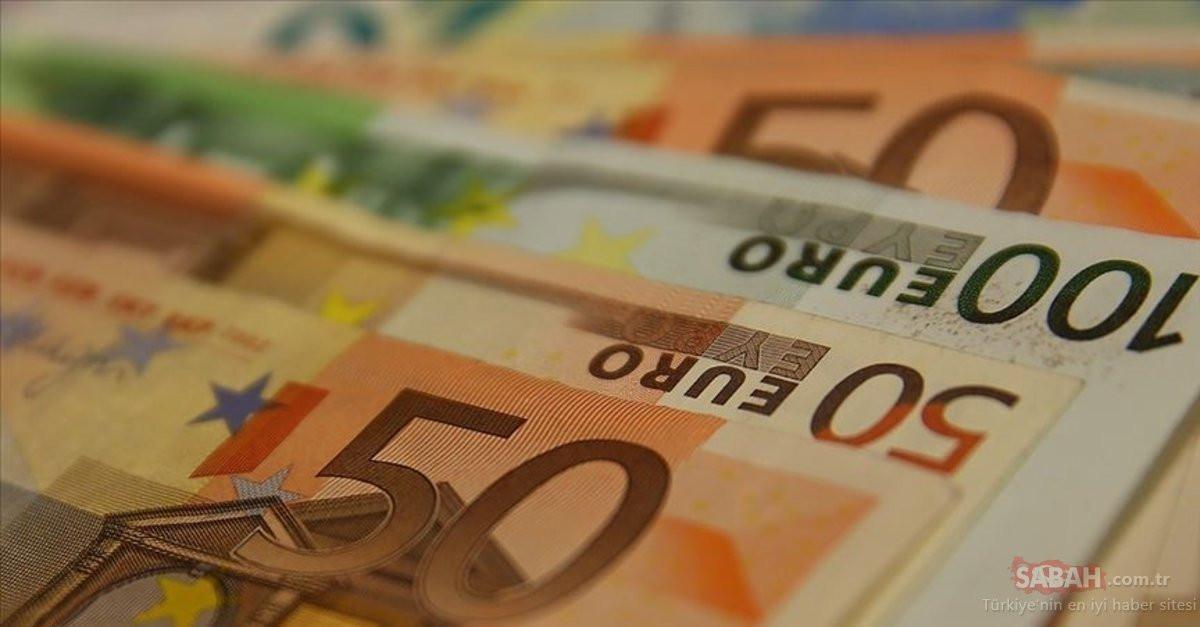ECB greenlights next stage of digital euro project
FRANKFURT

The European Central Bank (ECB) has moved closer to creating a "digital euro" by greenlighting the next stage in the project, even as questions persist about the potential benefits and risks.
The ECB's governing council has agreed to launch a two-year "preparation phase" from November, the bank said in a statement on Oct. 18.
The final decision on launching a virtual currency had not yet been made, it stressed.
"We need to prepare our currency for the future," said ECB president Christine Lagarde.
A digital euro, she said, "would coexist alongside physical cash, which will always be available, leaving no one behind."
From China to the United States, Jamaica to Japan, more than 100 central banks worldwide are exploring or preparing to put in place digital currencies as electronic payments grow, changing the way people spend their money.
A digital euro would be an electronic version of euro notes and coins, issued by the ECB. Payments could be made online or offline via smartphone app or by card.
"We envisage a digital euro as a digital form of cash that can be used for all digital payments, free of charge, and that meets the highest privacy standards," Lagarde said in the statement.
Central bank-backed digital currencies (CBDCs) have been touted as a risk-free alternative to private, highly volatile cryptocurrencies like Bitcoin which have seen a rise in popularity in recent years.
A digital euro would also offer a "pan-European" payment solution, the ECB said, countering the dominance of foreign payment giants like MasterCard, Visa or PayPal in the 20-nation eurozone.
"A digital euro would increase the efficiency of European payments and contribute to Europe's strategic autonomy," ECB executive board member Fabio Panetta said in the same statement.
Enthusiasts say a digital euro would ensure the ECB does not leave a gap later filled by private, usually non-EU, players and other central banks.
But critics say there is no clear rationale for a digital euro given the many cashless payment options available already.
Commercial banks, meanwhile, have voiced concerns about customers shifting their funds over to digital euro accounts and wallets.
To prevent a deposit flight, some ECB officials have proposed capping the number of digital euros a citizen can hold, but there was no mention of this in Oct. 18's statement.
Erick Lacourrege, managing director of payment methods at the Bank of France, addressed some of the skepticism in a briefing with reporters in Paris.
Eurozone citizens have "access to a huge number of means of payment for everyday transactions, so the idea of launching an additional means of payment... is not something that comes naturally," he acknowledged.
But he cited the rapid decline in the use of cash, as well as concerns about payment "sovereignty" in the eurozone as reasons to continue developing the project.
Cash usage in the eurozone fell from 79 percent of transactions in 2016 to 59 percent in 2022, hastened in part by the pandemic, according to ECB data.
















